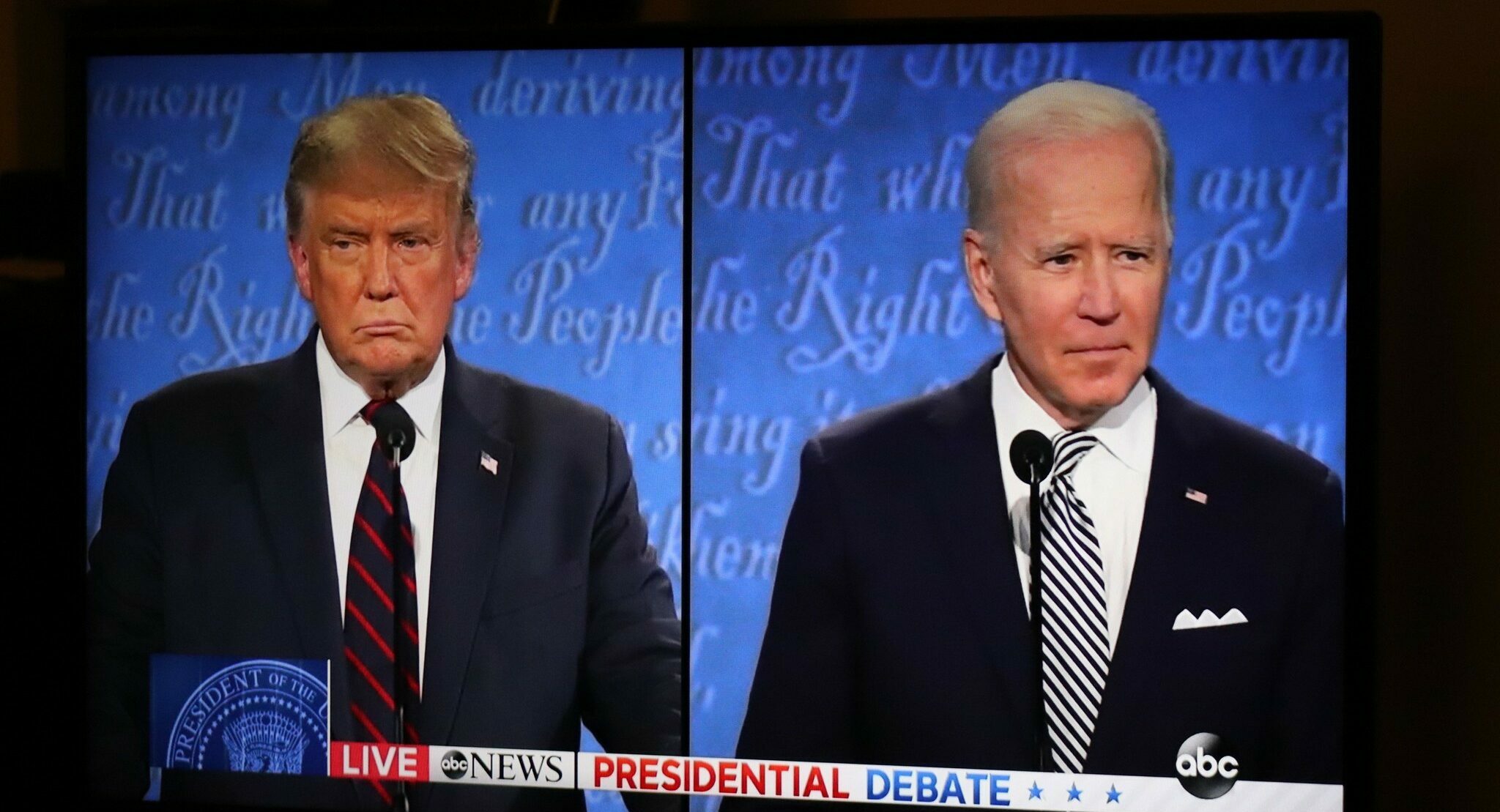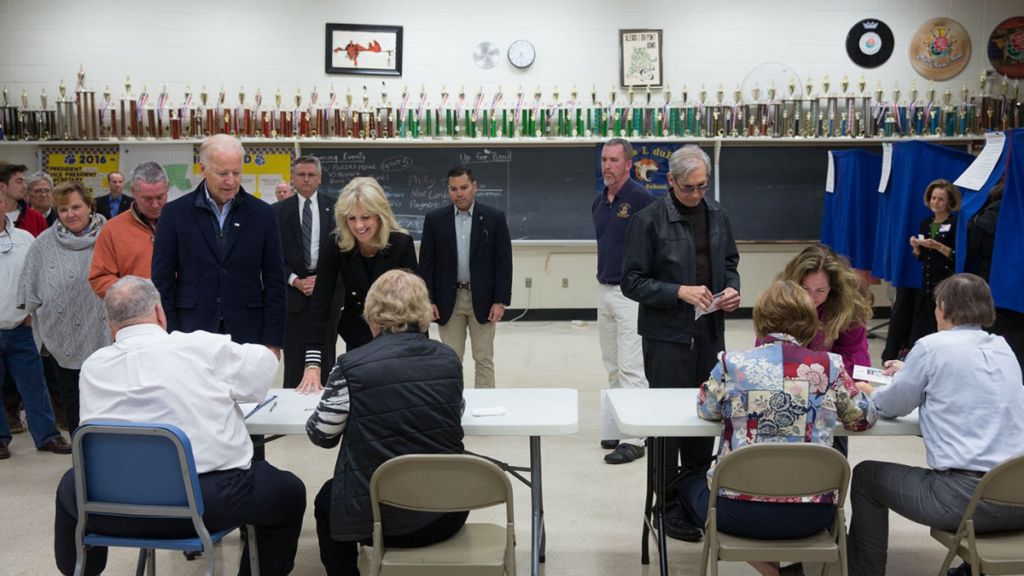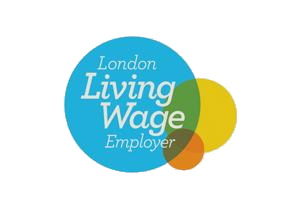With just over a year to go until the 2024 US Presidential Election, most campaigns are well underway, rallying the country, analysing opponents, and creating partnerships.
The Democratic Party, at least for now, has incumbent US President Joe Biden – and as of recently, Gavin Newsom – the Governor of California – who, despite claiming he will not run in 2024 is being urged by many Democrats to reverse his decision. Despite its many candidates, the Republicans seem almost destined to renominate Donald Trump, dashing the hopes of the Governor of Florida, Ron DeSantis who has slipped nearly 30% in the polls since March.
The campaign strategies adopted by the two parties are clearly contrasting. But the question of whether these two campaigns require immediate change from within, lies with the American public. So, will 2024 be decided by cross-party contradictions, or will the current political state of irony finally be made sense of?
An obstinate GOP
Since 2020 and Biden’s victory, the Republican Party (also known as the ‘GOP’) has been enduring one of the most difficult periods in its recent history. Some running for president in the Republican primary, its own governors, senators, and representatives have accused the party of being too fixated on denying the “rigged” 2020 election, indulging in culture war issues, embracing hardline abortion policies, and not willing to change anything about this situation.
This was seen most acutely in the 2022 midterm elections. Republicans lost governors and senate races, and gained a pitiful amount of seats for a party in opposition during a midterm election year. For context, parties have gained an average of 31 seats in midterm elections to the House of Representatives since 2000. The ‘red wave’ many were predicting never materialised and Donald Trump’s looming presence over this election was blamed and his endorsement seen as a ‘kiss of death’.
After these elections, it seemed the GOP was ready for a fresh start. Ron DeSantis was launched into the national spotlight after his historic landslide victory in the perennial swing state of Florida, was trouncing Trump in several presidential primary polls, and was riding on a wave of woke-bashing.
The Navy Veteran has quickly risen to fame in the past two years, and had established himself as one of the most promising candidates in American politics. This sheen has faded with accusations of inauthenticity, awkwardness, and disloyalty towards former President Trump. His ace card is his record in office. Under DeSantis’ leadership, Florida has become a powerhouse state, leading the US in a variety of different categories, ranging from crime levels and policing, to population growth, and, of course, its economy.
His promising candidacy has, for the moment at least, been heavily endangered by the less-educated, less-engaged wing of the GOP who refuse to back the ‘youngblood’ in 2024 and choose to continue supporting Trump despite his already-exposed flaws that may harm his own party.
Democrats' incumbency gamble
Within the Democratic Party, there is not much difference to what we are observing within the GOP. Its flagbearer, Joe Biden, is one of the USA’s most unpopular presidents – languishing at 42% approval.
Many Democrats are realising that President Biden’s age is becoming a serious issue that does little to help his shaky re-election campaign whilst he also faces allegations of corruption, and now an impeachment. The most significant of these controversies are the classified documents scandal, his family’s business deals, and the ‘drug bust’ at the White House.
If Democrats did want to consider replacing him they would be taking a huge gamble.
Screenwriter Aaron Sorkin said that the White House represents “the single greatest home-court advantage in the modern world.” This is especially true in the age of 24-hour news, where a president commands extraordinary and immediate visibility. It is not surprising that in the last 11 presidential elections, incumbents have prevailed in eight of them. If Democrats defenestrate Biden, they would be replacing him with someone with less name recognition, no national record, and running him against someone who does – Donald Trump.
It is not like Democrats have poor options for replacement. California Governor Gavin Newsom, Michigan Governor Gretchen Whitmer, Kentucky Governor Andy Beshear and Transportation Secretary Pete Buttigieg are all master communicators, have impressive records in office, but are all fiercely loyal to Biden. Newsom’s name was propelled in the national conversation after he gave an impressive interview with conservative political commentator Sean Hannity. Some Democrats watched and wondered what could have been.
Newsom’s governorship in California has been the antithesis of DeSantis’ in Florida. Should he somehow make the top of the Democratic ticket he would be hit by a thick dossier of opposition research and attacks. The most common of these would be his handling of his state’s economy – with a steady increase in unemployment and inflation reaching a ’40-year high’ in 2022.
For the time being, barring health failures, Biden looks set to take on Trump next November. This will be the first time since 1956 that a presidential rematch has taken place. Things look more encouraging for Biden heading into 2024. Historically incumbents have performed better when running for re-election against the same opposition candidate. It also makes life easier for pollsters and political forecasters as both men are known quantities and were assessed just four years ago.
Is there any certaincy?
Whilst the GOP seems to be refusing to change, Democrats are embracing ‘unspectacular’ and more ‘plain’ candidates to win them elections. This is a tactic centre-left parties appear to be adopting increasingly as they look to assume leadership – simply look to Australia’s Anthony Albanese, the UK’s Keir Starmer, Germany’s Olaf Scholz, Türkiye’s Kemal Kılıçdaroğlu, and Brazil’s Lula da Silva.
Ironically, if the GOP and Democrats exchanged strategies they would each have a much higher likelihood of success. With the trajectory of Trump’s polling in the primary, it looks likely that the GOP is happy to renominate a two-time popular vote loser, and one-term president and suffer from four more years of ‘defamation’, decreasing people’s respect for the party and damaging its reputation for future elections.
With around 14 months to go until the next presidential election, US voters will be desperate to find an effective solution to their candidate dilemma. Yet, with a very small chance of someone not named ‘Trump’ or ‘Biden’ winning the next election, this idea of irony between the two parties’ campaigns must be made more popular.
Ultimately, regardless of the short-term impacts of the changes, or lack thereof, that the two parties are addressing in terms of their nominees for 2024, will these contradictory visions that the Republicans and Democrats hold be the ultimate downfall for their future candidates, or the key for party prosperity and success?










